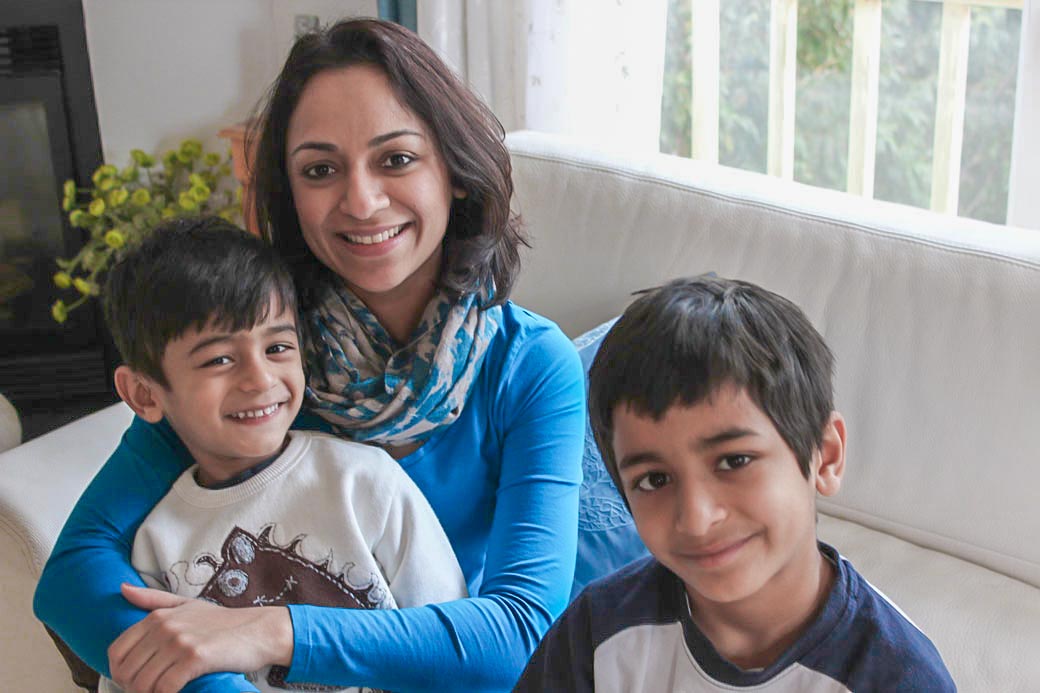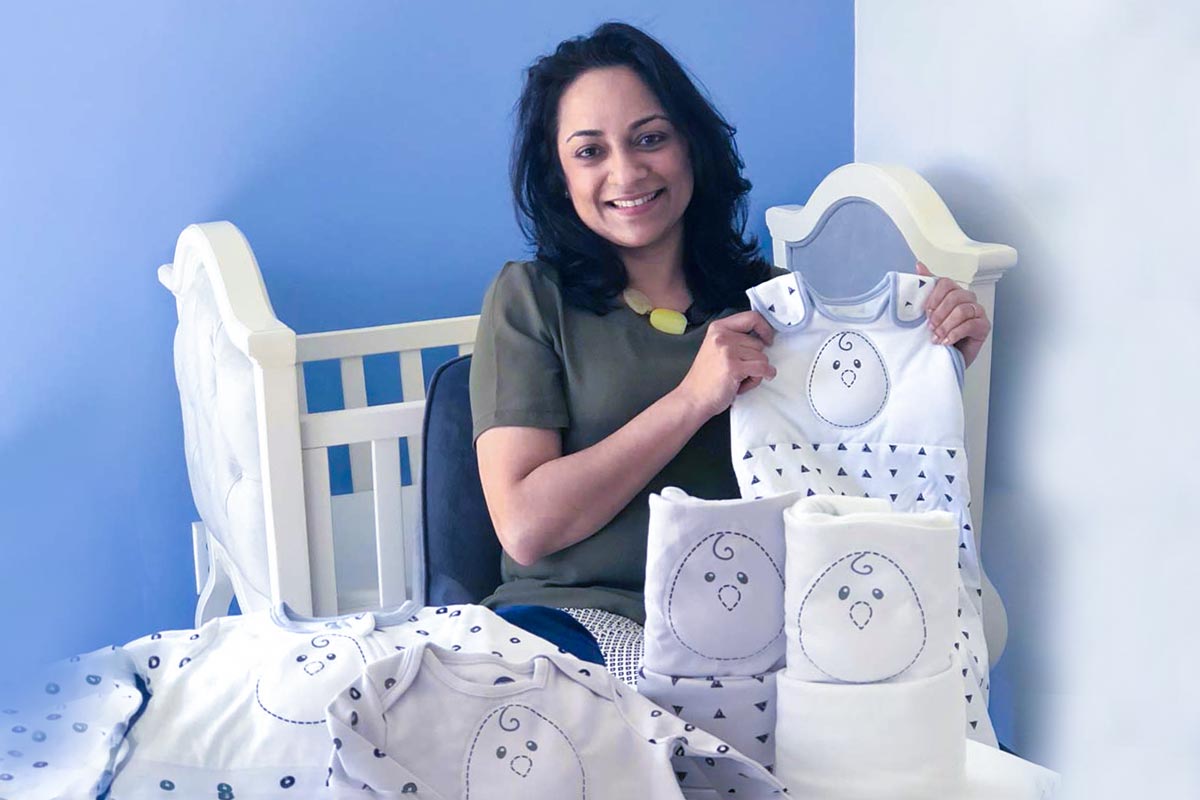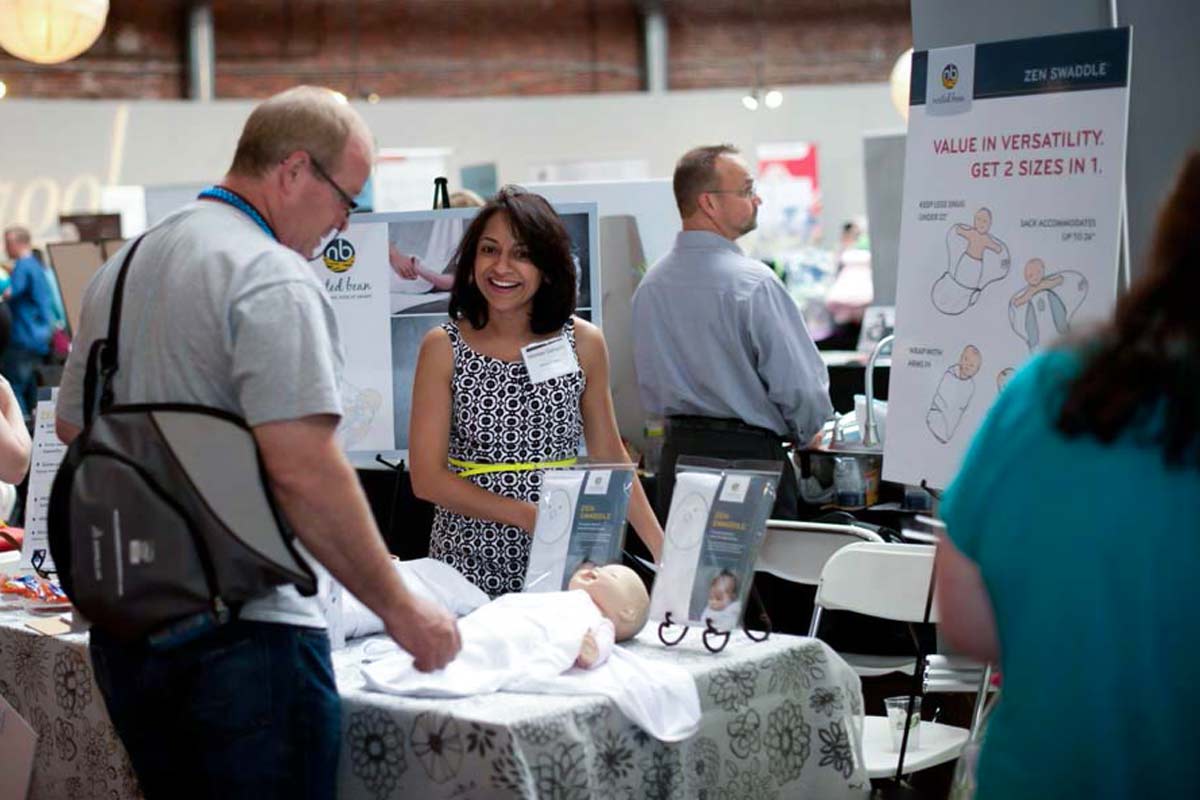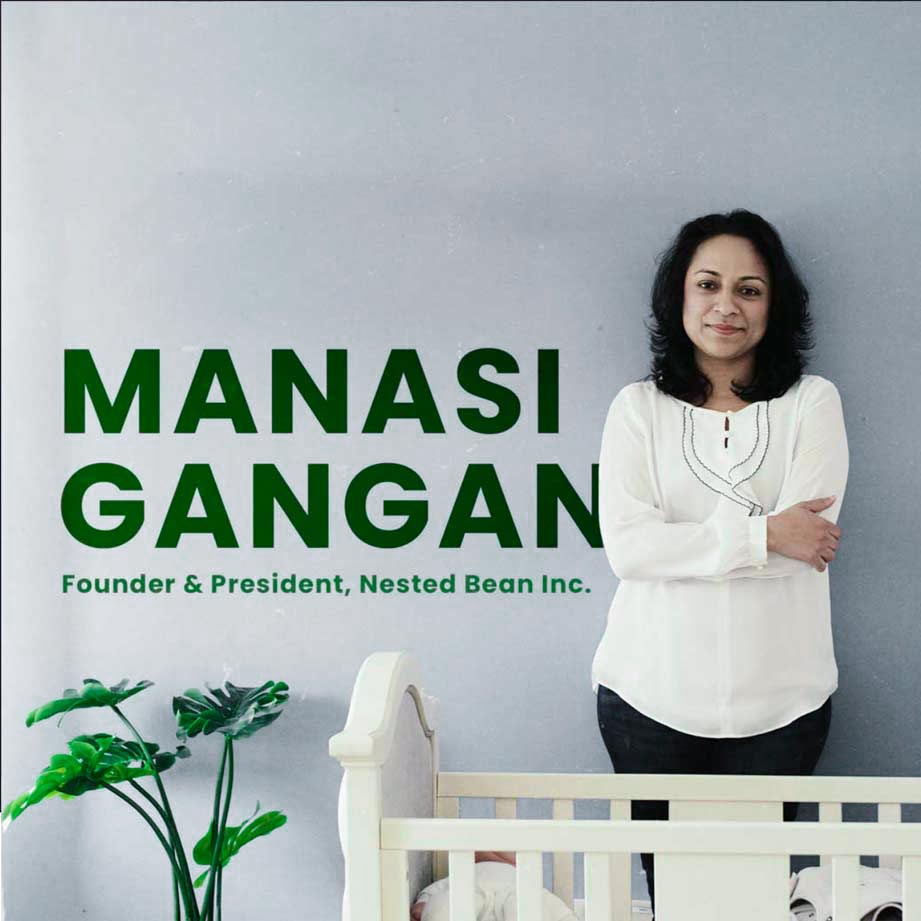CATEGORIES
People We Admire | Social Impact | Women EmpowermentOverview:
- Manasi’s journey of breaking barriers and seizing opportunities are the first steps to embracing self-confidence.
- Her endeavor to strike a balance between personal and professional goals.
- Manasi strives to amplify the impact by leveraging one’s diverse skill set.
- She believes that success and failure are temporary; while learning is constant.
1. What was your childhood like, and how did your experiences shape you into who you are today?
Growing up in India, cultural rhetoric would keep girls from entering engineering. I went to an all-girls school with only women teachers for all subjects, so I never once thought that science and math were not for women, because they were my teachers and role models. School shaped how I thought about what you could reach and what you’re capable of as a woman. Whenever I got a toy, I would break it, because I wanted to know what was inside and how it worked. My parents never said that’s not what girls are supposed to do or that I was supposed to play with dolls. I thank my parents for encouraging me to be myself. I was in love with science and mathematics, and being encouraged by my family, I went on to become an engineer.
In 1996, I came to America and worked at an organization where I was the only woman. It felt like they treated me on merit. Fast forward to 2000, at Fidelity, I was surrounded by powerful women in leadership positions, and I always had a seat at the table. There were healthy discussions in a room filled with engineers. Even though the number of women was still small, you weren’t discounted based on gender.
I’m very thankful for my childhood — my role models and teachers, my parents and their attitude towards my curiosity, and my career, where I was surrounded by amazing men and women who supported me.

2. Can you share the inspiration behind founding Nested Bean and how your personal experiences influenced the creation of your innovative products?
The inspiration came from my own experience of caring for my second son. We usually see parents taking care of their babies as an outsider. When you visit a family, you give them gifts, play with their kids, and then leave. But when you are a parent, you are tied to the responsibility 24/7, and you’re so moved by this primal need to take care of your child that you’ll do anything for them.
A lot of responsibility is often added to a mother as the primary caregiver. My husband supported and cared for the baby, but when I was on maternity leave, the responsibility was primarily on me. Babies often have challenges falling or staying asleep. Mine did too. I was getting about 30- to 45- minute fragments of sleep. Data says that extended sleep deprivation for more than three or four months can impact your ability to be social and cheerful. I was definitely feeling that.
Perhaps it was my background as an engineer that made me curious to understand the science of infant sleep and the impact of our touch — because he only slept in my arms. So, on the one hand, I was inspired by the care we gave as parents and mothers to our infants. On the other hand, I was intrigued to find out why he would only sleep in my arms and if this touch could be mimicked.
An idea had taken root. Would my baby sleep uninterrupted if the feeling of my reassuring touch lingered even after I left the room? Rolling blankets around the baby’s body created an unsafe environment. So I started on a journey to create a safe adaptation of the well-researched fundamental concept of touch simulation. It was important that the product was effective, safe and most importantly intuitive to every mother, mimicking her own instinctive way of holding, caring, and touching the baby. So, Nested Bean came to life from multiple inspirations, research and science, my own instinct and intuition, and the need to help others.

3. If you could go back in time, are there things that you would change?
Maybe I would have taken advantage of certain opportunities without thinking about the risk of failure too much. Sometimes, our fears come in the way of saying Yes to chances. “Will I be able to do it? Maybe I need to wait for another year and then I’ll be ready.” You’ll never be ready. You just have to figure it out and have the confidence to say, “No matter what, I have the intelligence, the drive, and supporters around me to help.” Never say no to opportunities or doubt yourself.
4. Being a mother and starting a new business, how did you find time to balance work with investing time in yourself or your family?
There will never be a balance. A balance, by definition, creates an expectation that there will be perfect symmetry between both sides, which may be an unrealistic expectation.
What I seek is harmony, and harmony between family and professional life is possible. Family support and understanding of the purpose that you seek are crucial. I’m really lucky to have an understanding and supportive husband, and my children have grown up with me being this driven.
When my children were young, I used to work till past midnight and then would wake up early in the morning to get my work done. Balancing work and life always came at the cost of my sleep. Now that they have grown, I can strike a little more of that balance. But there’s nothing that I would change about it. I heard them saying to someone, “I want to be an entrepreneur like my mom,” and that just makes everything worthy.
5. Baby products are often deeply personal purchases. Do you have any fond memories of when a customer was elated or positively affected by your products?
I remember I had come back from a meeting to pitch a retailer, and we went completely prepared. But they said we would have to wait, which crushed me. When I returned home, I reflected on how we could have done better. I thought the time was not right and that we’d wait. Then I flipped through my phone and saw a customer say, “Your product has saved us. My baby’s just gone through cranial surgery. He has an apparatus around him, and I cannot hold or touch him when that’s all I want to do. And the only thing keeping me sane is that I know that your product is the next best thing I can provide to my son because I can’t hold him.” I’ll always remember that. If the product does something good for other people, it’s worth fighting for.

6. How did you decide to become an entrepreneur after being an engineer?
Engineers love to solve problems and make something better. We love to take on challenges that someone says can’t be done, and that’s always the mentality. Secondly, I have always been drawn to those who were able to create an impact in the world. Being an engineer, one has a limited impact. However being an engineer and a communicator you have just broadened your impact, furthermore being an engineer, communicator and entrepreneur you have scaled your impact much much more.
I found an amazing intersection, which helped me grow in management and engineering. I sought to go closer to the business field, because it helped me get closer to the customer.
Moreover, my business team loved having someone with an engineering mind-set who spoke their language. Also, I just have an insatiable curiosity and thirst for learning new things. I have a student-first mentality, and that’s what we preach at Nested Bean. There are always new things to learn.
Life experiences will always change you, so don’t think you came from a mold. You may start in one field, but what you’re going to become as you grow up is entirely up to you and how you leverage your experiences.
7. What does success mean to you, professionally and personally?
You cannot be driven by success; you have to be driven by purpose because then much like failure, success is just a step in the journey. I find that success is simply a yardstick, a measuring ruler, and an external validation. But one can’t go by external validation, because it’ll crumble and crush you if something doesn’t go right. Your purpose, on the other hand, will remain.
I don’t let failure affect me, either. In fact I don’t use that word to describe any event. It’s just a step. The minute entrepreneurs get to a place that others call success, their eyes are already on the tenth step beyond that. It’s a curse and a blessing at the same time, because you’re never done. You feel a burst of joy when you reach where you want to be, but your eyes are already on the step beyond that. So I would say that don’t take your current state too seriously. Don’t be fazed by it whether you’re doing extremely well or at your worst. It will change over time, the good and the bad. You just learn from it, and you move on.

8. With so much to do, how do you prevent burnout and rejuvenate to hit the refresh button?
Spending time with friends and family is what does it for me. I also love nature and taking walks. Scheduling time and having the discipline to move away from your work is necessary. However, I have said no to invites from friends at times due to work, but they have been nice enough to understand.
However, delegating has helped me take a few more breaks than I otherwise would. Figure out your support system, hire really well, and trust them to do the job. They may not do it exactly the way you would, but they’ll still get it done. Always remember to make time to spend with family, friends, and yourself for your own mental well-being, because work will never stop.
Conclusion:
Manasi’s journey shows that there is no end point for entrepreneurs on the journey of creating impact. Successes and failures are temporary, but having a purpose is everlasting and keeps one constantly driven. She emphasizes to not let great success or hard challenges faze you; as the key is to keep learning from the experiences and continue moving forward.


